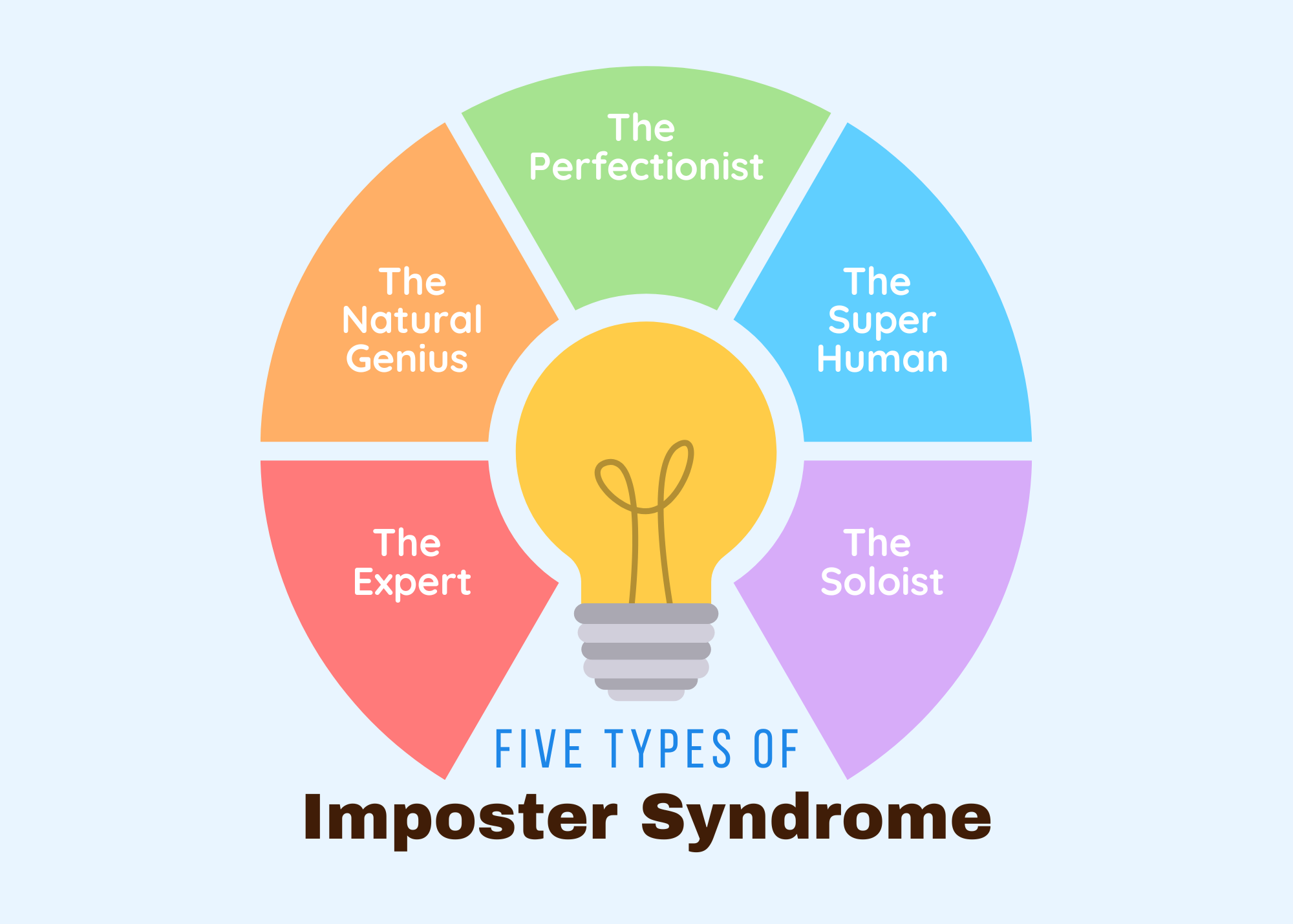
Vol. 27: Imposter Syndrome & Self-Sabotage
I have a confession: I may be an Epicurean parent, a semi-national gold medalist figure skater, and, according to my resume, an "ace storyteller," but I am not perfect — I am not even subpar the majority of the time.
Why? Because, like you, I am human, and like other humans, I have an inevitable reaction when the time comes to step up and take responsibility for something I want.
I get scared, and I panic! And like most humans, I do stupid shit as a method of coping with said fear.
Despite the 12-step meetings, mantras, meditations, and countless hours of deep burrowing into the scientific research rabbit hole — scholarly report after case study after abstract thesis — immersing in wisdom born from magnificent minds, my first instinct when faced with fear is still: RUN!!

Until a few years ago, I didn't recognize my reckless behavior and coping strategies for what they were — a mashup of abandonment issues and conditioned impulsivity. As a result, I couldn't see the patterns of lousy decision-making as something capable of a redesign; I was sure I'd sealed my fate long ago.
But then, I got sober. The fog lifted. I yearned for a purpose to fulfill. Soon after, I found it. And wouldn't you know, fear lurked there in the shadows of my wildest dreams, endeavoring to convince me I could never realize my potential?
What is Imposter Syndrome?
Imposter syndrome was first described by two clinical psychologists, Dr. Pauline Clance and Dr. Suzanne Imes, in 1978 when they noticed that their students doubted their abilities and accomplishments.
One student stated: "I was convinced that I would be discovered as a phony when I took my comprehensive doctoral examination. I thought the final test had come. In one way, I was somewhat relieved at this prospect because the pretense would finally be over. But, on the other hand, I was shocked when my chairman told me that my answers were excellent and that my paper was one of the best he had seen in his entire career."
Imposter syndrome is a phenomenon in which people believe they are not worthy of success and doubt their intelligence, skills, or competence, despite evidence to the contrary. In short, it's a hot mess of harmfulness. It can also take various forms, depending on a person's background, personality, and circumstances.
Unfortunately, no one is immune to unworthiness and self-loathing, and even the most successful people experience failure and self-doubt regularly.
Why? Because no one — not a single living, breathing, flatulating soul — is perfect. Some might even go as far as to say that perfection does not exist in this dimension. But, more on that later.

My Story of Self-Sabotage
Self-sabotage is all twisted self-pity, a timid and infantile way of tricking the universe into feeling sorry for us and offering us a way out.
It's like saying, "Look at all the responsibility I have!" as you stomp your feet like a two-year-old. "It's sooooo unfair! I don't want to change!" Even if it's an exciting obligation or a healthily positive shift on the horizon, it's still unnerving.
For example, I authored a monumental memoir — a five-year tenure — and filled it with (mostly my own) blood, sweat, tears, and regrets. Yet, I don't send the emails I draft after addressing them to literary agents and attaching the first chapter of my manuscript because I'm abominably fearful of the inevitable rejection replies!
People that care about me say I must "risk failure" and "have faith in myself!" Scary stuff; incredibly terrifying for someone whose faith is still somewhat foreign.
Now, I've strolled out of bars at 4 a.m., wasted, scantily clad, and teetering drunkenly on the soles of scuffed high heels — appearing fearless — as I made my way through desolate Brooklyn neighborhoods looking for the Subway. But that wasn't faith, just blind stupidity.
That said, I never felt safe enough in my skin to allow my light to shine on others. Instead, it felt easier to snuff out my flame — ember by ember, drink after drink —the result of an insatiable appetite for the tingling numbness of escaping my feelings.

Is Perfectionism to Blame?
We know that Imposter Syndrome is a direct route to Self-Sabotage, but what causes us to doubt our worth so madly in the first place?
Remember what I said earlier about perfection?
Perfectionism is the leading indicator of Imposter Syndrome; typically, people who experience one also experience the other.
Internationally-known author, speaker, and co-founder of Impostor Syndrome Institute Dr. Valerie Young explains that perfectionists typically set high expectations for themselves and that even if they meet 99% of those goals, a slight loss will feel like an enormous failure.
In addition, she says, "perfectionists question their core competence when mistakes happen, which can easily translate to feelings of fraudulence."
It's me! It's me!
Perhaps, you don't fit the profile of a perfectionistic fraud. However, alas, you’re sure you reek of phony bologna; according to Dr. Young, perfectionism isn't the only link in the Imposter Syndrome chain.
Through her research, Young uncovered several "competence types," or internal rules, that people who struggle with self-confidence follow. Then, she categorized them into subgroups.
The 5 Types & My 5 Helpful Mantras
Below are the five types and some helpful self-talk for each, all of which I chant on the reg because — and not to be a spotlight whore here — I swear, I'm all five!
For the sake of complete transparency, I believe the final four boil down to the first one, perfectionism. But take that (and everything else I say, for the record) and do with it what you will. I'm no doctor.

The Perfectionist's primary focus is on "how" something gets done, including how one conducts their work and how it turns out. One minor flaw in an otherwise stellar performance equals failure and, thus, shame.
Mantra: Perfectionism inhibits success. Your perfectionism impacts others. Perfection is subjective and, therefore, intangible.
The Expert is the knowledge version of the Perfectionist. Here, the primary concern is "what" and "how much" you know or can do. Because you expect to know everything, even a little lack of knowledge denotes failure and shame.
Mantra: There is no end to knowledge. Competence means respecting your limitations. You don't need to know everything; be smart enough to ask for help.
The Soloist cares mostly about "who" completes the task. To make it on the achievement list, it has to be you and you alone. Because you think you need to do and figure out everything on your own, needing help is a sign of failure that evokes shame.
Mantra: Competent people ask for what they need and build on the work of others. Intelligent people seek the help of those who know more.
The Natural Genius also cares about "how" and "when" accomplishments happen. But for you, competence is measured in terms of ease and speed. So the fact that you have to struggle to master a subject or skill or that you're not able to bang out your masterpiece on the first try equals failure, which evokes shame.
Mantra: Effort trumps ability. Challenges are disguised opportunities. Real success always takes time.
The Superhuman measures competence based on "how many" roles they can juggle and excel in. Falling short in any position — manager, team member, parent, partner, friend, or volunteer — all evoke shame because they feel they should be able to handle it all perfectly and efficiently.
Mantra: Delegating will bring peace of mind and invite others to participate. No man is an island! Teamwork makes the dream work!
I borrowed that last line from a little kid I work hard to model behavior for that ensures he doesn't grow up a people-pleasing, perfection-seeking, self-deprecating wannabe.
You're welcome, future.

0 Comments Add a Comment?